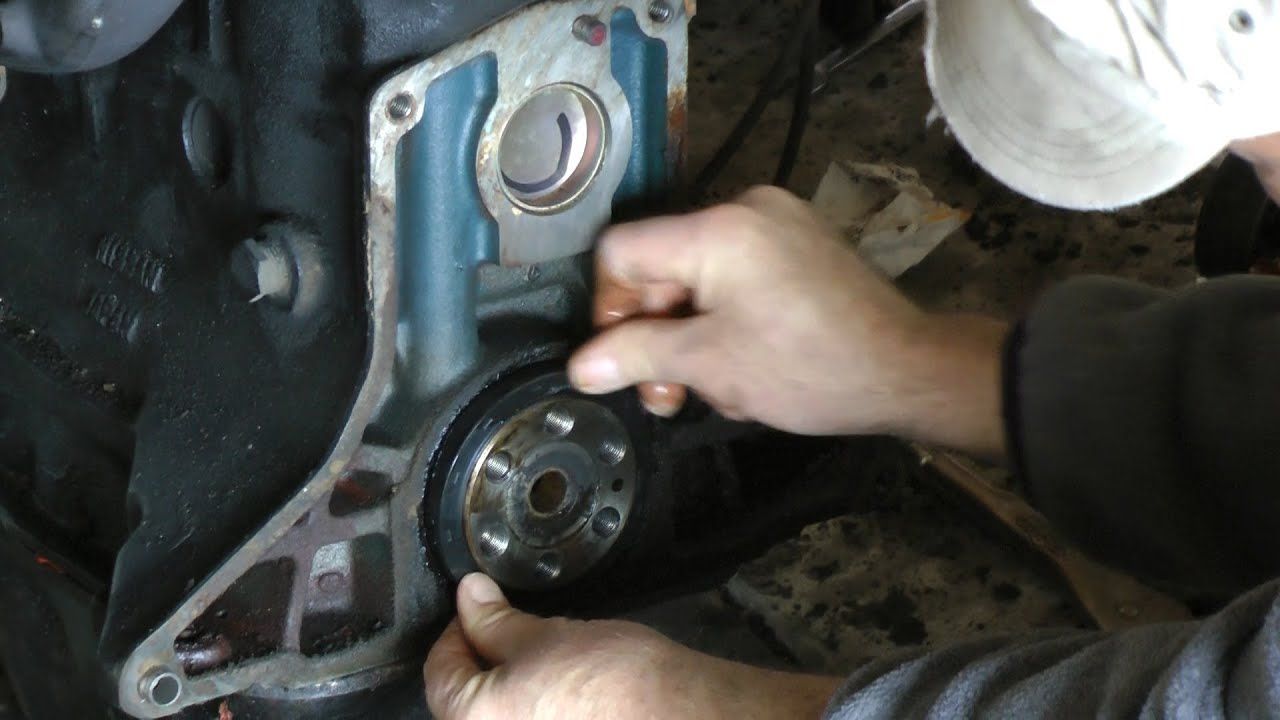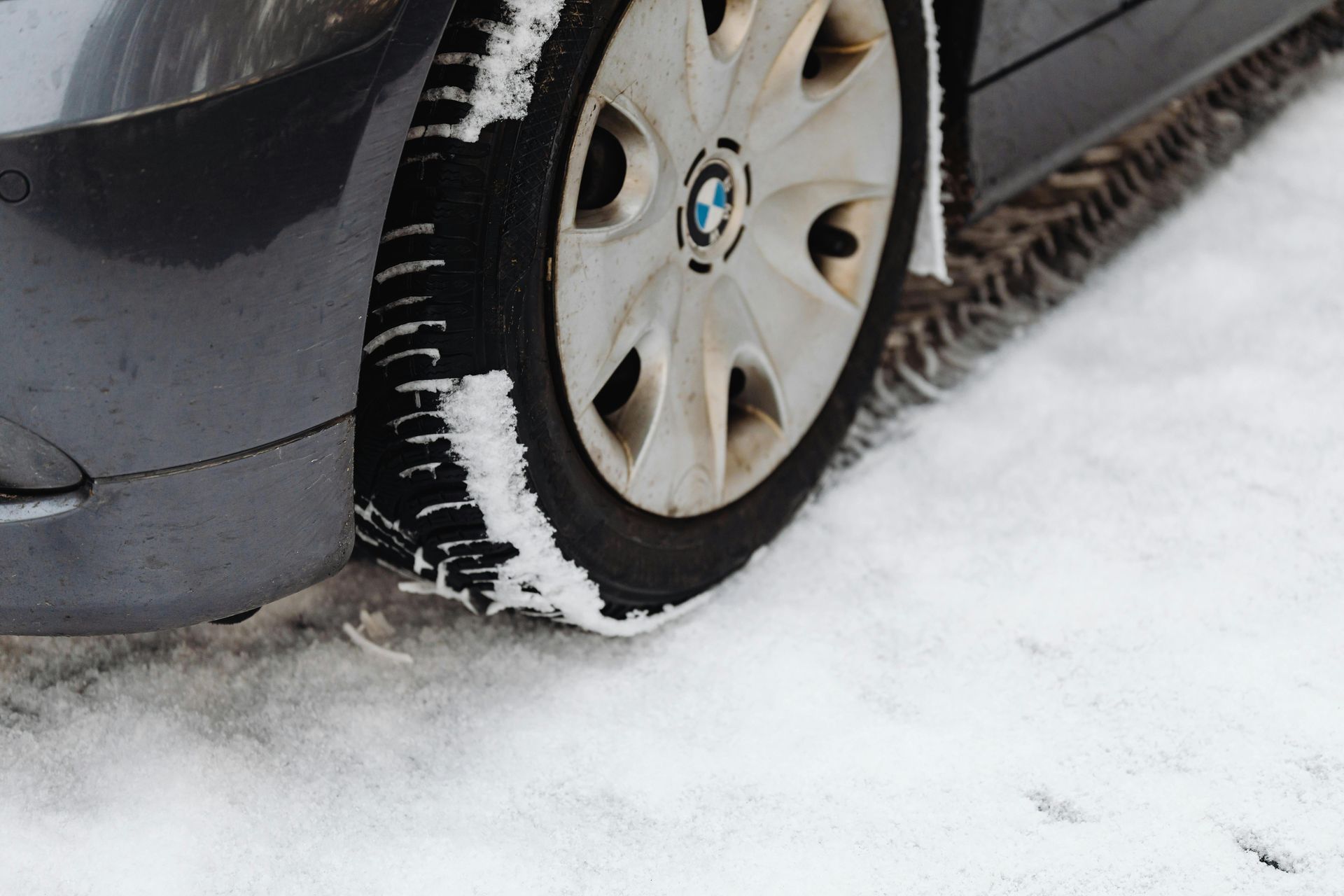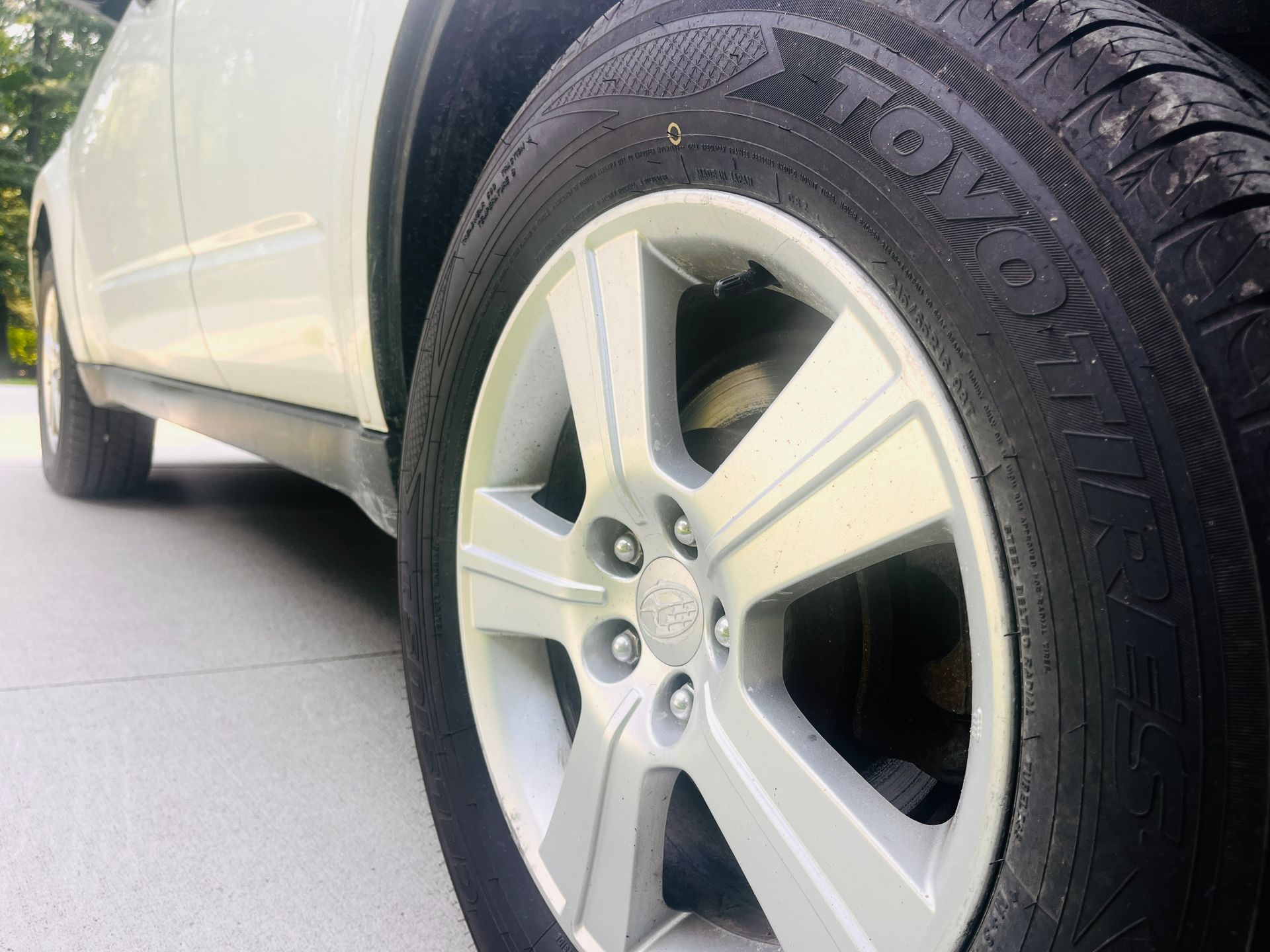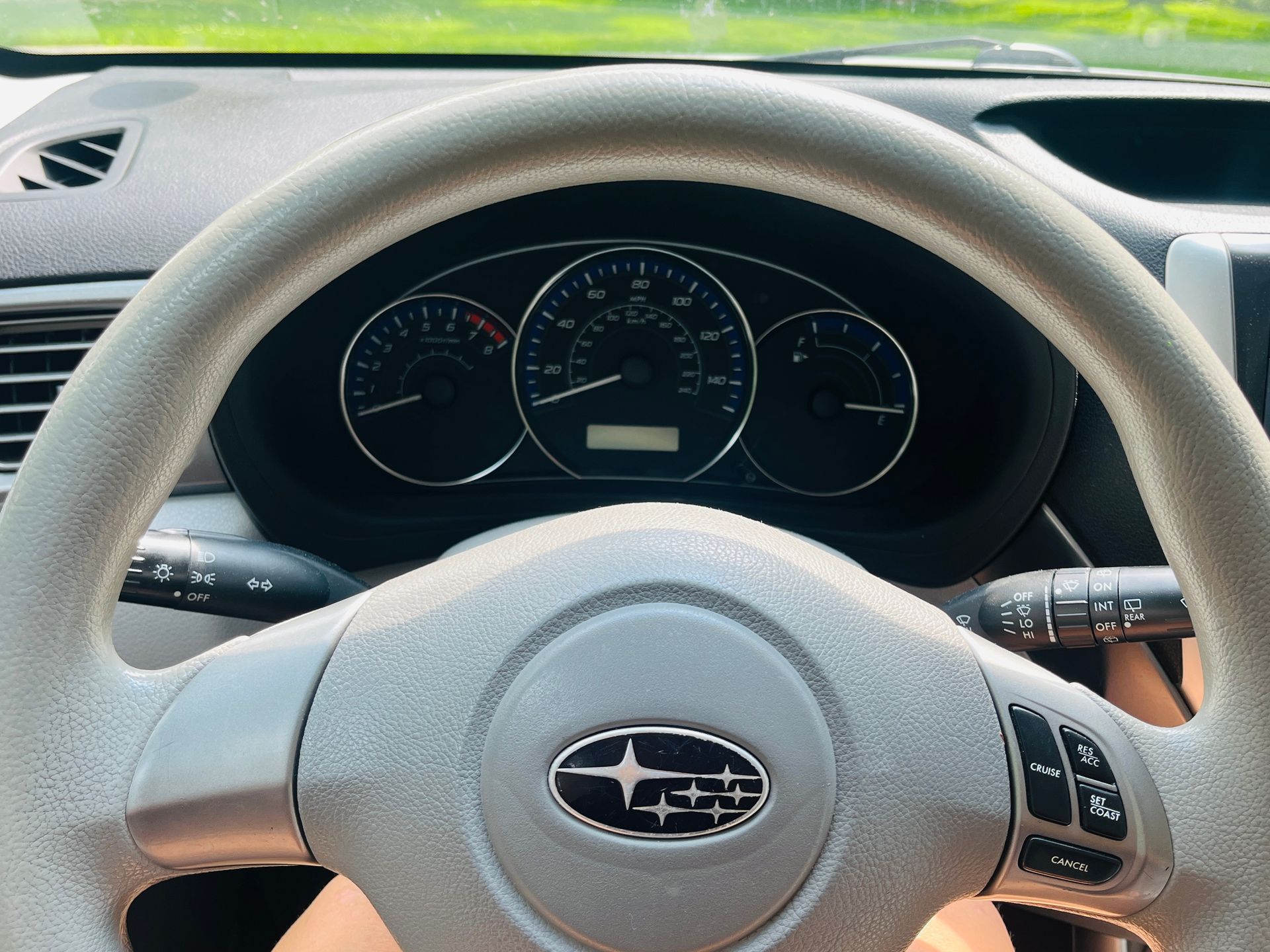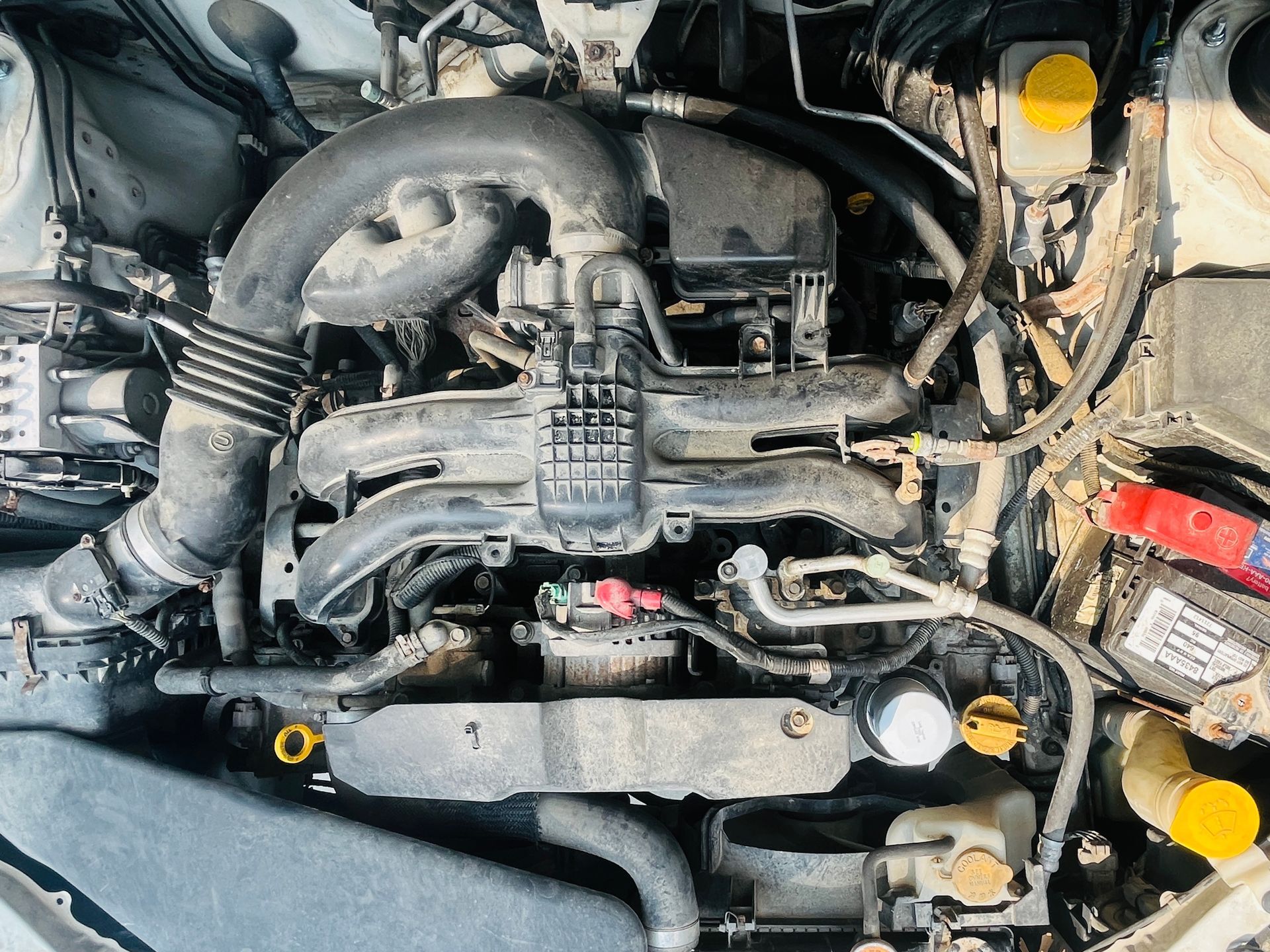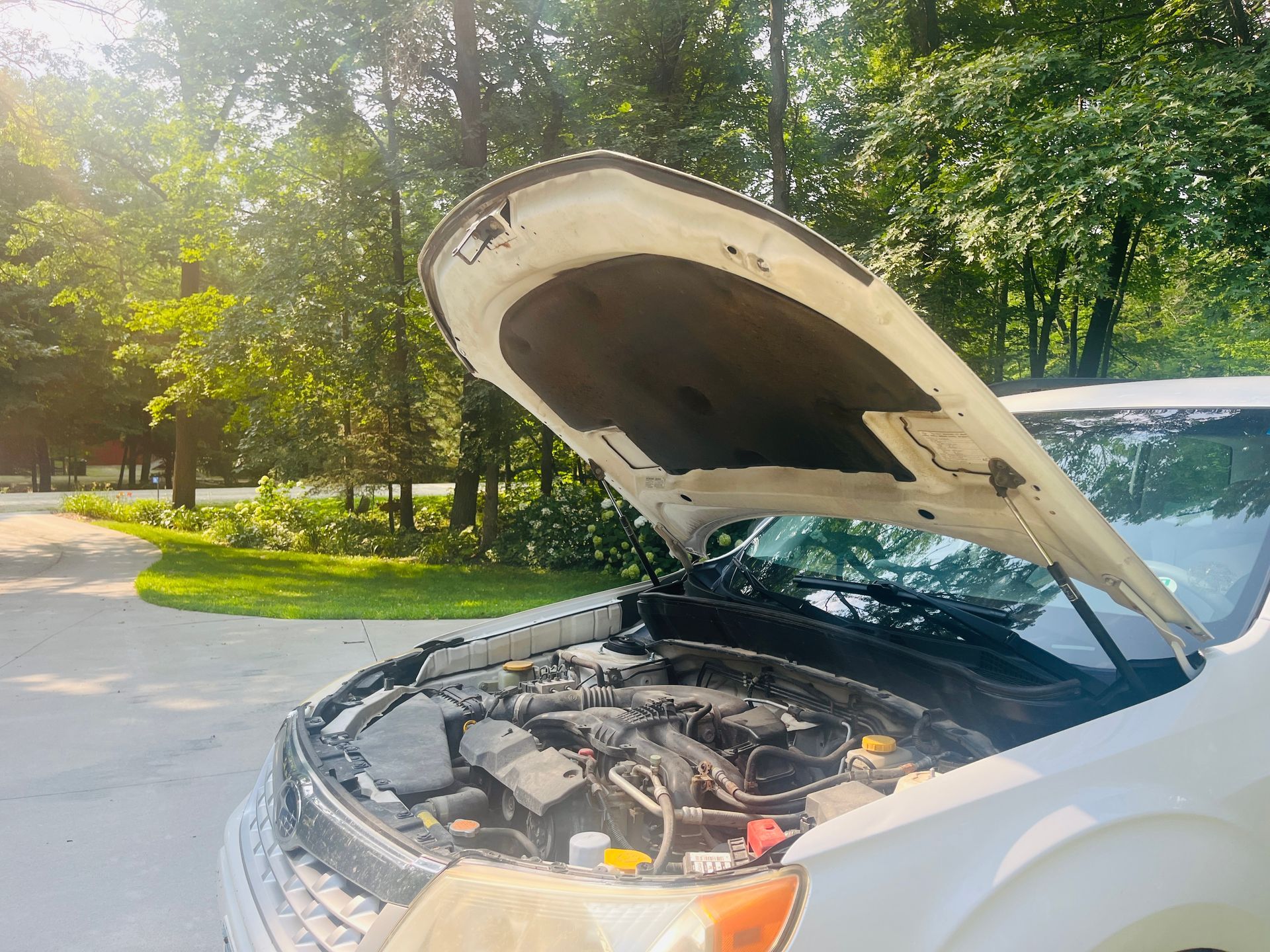Call us: (507) 226-8330
Don't get left in the cold this winter
November 7, 2013
Are you full of energy this time of year? Is autumn your favorite season and you come alive as the colors change and the cold hits? Not me! I am usually an energizer bunny - so my husband says. But for some reason, the recent wet spell, followed by a cold snap and fewer daylight hours, has drained my normal energy. I feel like I need to be recharged and I have been dreaming of a vacation in the tropics. Doesn't that sound glorious? But since that's not in my future, I need to embrace the season and find ways to rejuvenate. What about you? Do you always have an abundance of energy? Or do you sometimes need a recharge?
Recharge … what does that remind me of? Batteries of course! Do you know what factors shorten the life of your car battery? Do you know what test can be done to determine the health of your battery and when you should replace it? Let's explore the answers to these questions together.
AGE
Let's face it, the older we get, the less energy we have. Sure we can do things to combat this by eating right and exercising, but it doesn't change the fact that we get tired more quickly than even a few years ago. The same can be said for a battery.
Batteries are the "strong, silent" member of the automotive team under the hood of your vehicle. A new battery will do its job regardless of the weather extremes and the driver's demands. But where you live, how you drive, the condition of your charging system and other factors play a role in how long your battery will last. A good battery can last over five years with proper care. However, battery failure can occur in as little as three years depending on usage, maintenance and seasonal temperatures.
Batteries do not do their jobs well when they are old. They become the "weak, silent" member. The lack of noise is caused when your car won't start due to a dead battery. You can recharge your battery with a jump-start as a temporary solution, but ultimately an old battery, by its nature, will lose strength as it ages and will need to be replaced.
EXTREME TEMPS
As we approach the cold winter months ahead with hopes that we won't hit negative temps, the reality is that we live in Minnesota. Negative temperatures are a part of the climate. Our extreme cold temperatures, just like the extreme heat in Texas, affect car batteries. A chemical reaction serves as the source of a battery's internal cranking power. Extreme cold can prevent the chemical reaction from proceeding properly and less energy may be generated. A battery with a very low charge (old battery) can even freeze in temperatures below zero. This is another reason to keep track of the age of your battery.
SHORT DRIVES
Does your average drive last less than 20 minutes? Your vehicle's alternator may not have enough time to fully recharge your battery with shorter trips. Over time, repeated short-distance driving can shorten the life of the battery.
CORROSION
Where is your car battery located? Have you ever looked at the condition of the terminals? Is there any corrosion present? Have you ever cleaned, or had someone else clean, the terminals? This may be something you want to consider because the corrosion can interfere with your battery's ability to function properly.
GADGETS
What kinds of gadgets do you have plugged into your vehicle? Cellphone? MP3 player? Portable DVD players? With the right kinds of adapters, you can plug all sorts of gadgets into your vehicle. All of these devices use battery power, on top of the normal drain of headlights, dome lights, radio, etc. The drain on the battery is even greater if you shut the car off and forget to unplug all of these gadgets, or forget to turn off headlights or dome lights. Another drain can take place if you keep your key in the accessory position to listen to the radio. Doing these things - especially in an older vehicle, or with an older battery - may hinder it's ability to start your vehicle the next time you turn your key.
TEST
The most obvious sign of a battery problem is a dead battery. However, since the battery is part of a larger system, sometimes a dead battery will indicate a deeper problem. For instance, if your vehicle's alternator is weak, a working battery may be providing less electricity than it should. In this case, replacing a battery will not fix the alternator.
The best way to test a battery is with the electronic testers available at most automotive shops. A technician will attach the tester to the battery in your vehicle. This reveals a snapshot of your battery's condition and will indicate whether or not it needs to be replaced. This check should be done regularly as part of routine maintenance, preferably with every oil change so that it is not forgotten.
REPLACEMENT
We've explored several factors that may affect the life of your battery and things to keep in mind to possibly extend and maintain it. But it is important to remember that no matter how you care for it, it will eventually need to be replaced due to age.
Do you know the age of your battery? Has it been replaced within the last four years? Or did you buy your vehicle used and don't know if it's ever been replaced?
Are you the type of person that prefers to have confidence in your battery with upkeep, regular testing and replacement? Or would you prefer to fly by the seat of your pants and only replace it when it's dead?
I don't know about you, but I prefer to be safe rather than sorry. I would hate for my battery to go dead at an inopportune time - a situation that may cost more than if I am proactive now. So as we dream about tropical islands in the midst of the harsh winter to come, let's be sure we don't get stuck in the cold with a dead battery!

